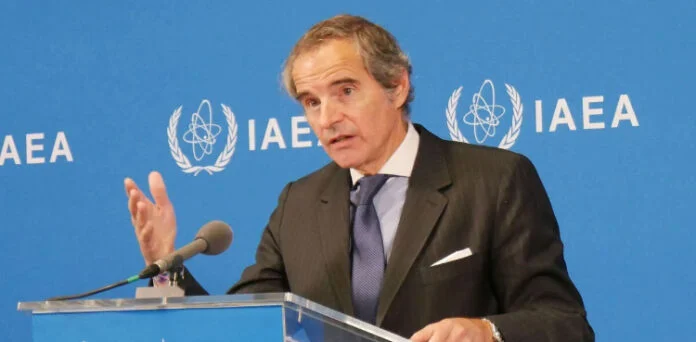
A Reddit post recently drew widespread attention after a user shared their struggles navigating the complexities of the U.S. immigration system. The individual, a highly qualified professional with a Master’s degree from an American university, is facing an uncertain future following a layoff—just months before their H-1B visa is set to expire.
The user explained that their employer never initiated the PERM process, which is necessary to move toward an I-140 approval and eventually permanent residency. With the H-1B visa expiring in December, and only until August to remain in the U.S. legally, they’re racing against time. Despite their education and work experience, they report that employers are reluctant to move forward due to the limited time left on their visa.
They’ve been considering switching to a B-2 tourist visa to buy time, but are skeptical. Since companies are already hesitant to hire due to their immigration status, they fear that a tourist visa wouldn’t solve the core issue. The post also mentions Day-1 CPT as a potential route, where students work while pursuing a degree, but the user expressed concerns about the legitimacy and risks associated with this path.
Intent on staying in the U.S. due to personal ties, the user is weighing their long-term options, including:
- Whether there are still viable paths to remain in the U.S.
- If relocating abroad is necessary, which countries—such as Canada or parts of Europe—offer better prospects for someone with U.S. education and experience.
- How best to prepare professionally in case a return to their home country becomes unavoidable.
Other Reddit users quickly jumped in with their experiences and suggestions. One pointed out that with such limited time, moving forward with a PERM or I-140 is not feasible. They also warned that Day-1 CPT is risky under the current U.S. immigration climate, with fewer institutions offering it.
Suggestions included switching to a dependent visa through marriage, spending a year outside the U.S. to reset H-1B eligibility, or exploring cap-exempt roles at nonprofits or universities. Some proposed going back to school for a new Master’s or Ph.D., potentially making the person eligible for a National Interest Waiver (NIW). Many agreed that professional legal advice from an immigration attorney is essential, given the complexity of their situation.
As for moving abroad, Canada was frequently mentioned—but with caution. Multiple users noted that while it offers a clear PR pathway through Express Entry, job opportunities are limited, wages are often lower than in the U.S., and the cost of living is high. Some even shared that they had returned to India after struggling to settle in Canada.
The overall sentiment reflected the growing difficulty faced by skilled immigrants navigating tightening policies and timelines, with many urging others in similar situations to act early, research alternatives carefully, and seek legal counsel.




















